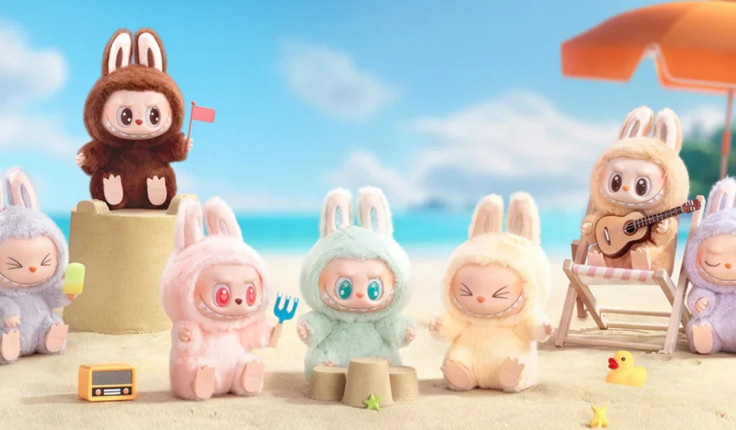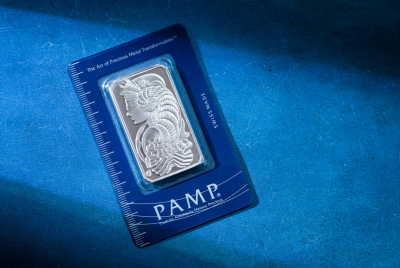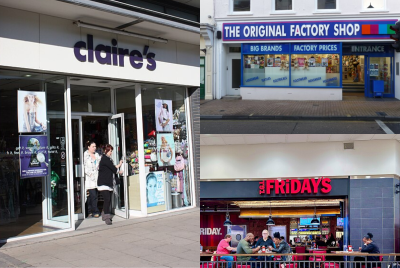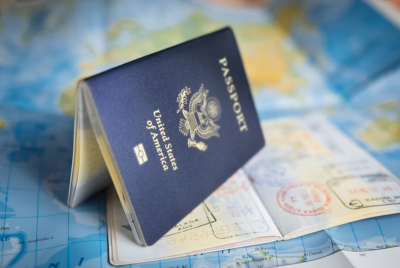Popmart Labubu's 'Demonic' Hold On Market Projects 350% Profit: Why Is The Company Going After 7-Eleven?
The company has filed a US federal lawsuit against 7-Eleven and California franchisees for selling fake Labubu toys

Pop Mart, the Chinese company behind the Labubu collectible toy, has reported they are expecting a 350 per cent increase in profit for the first half of 2025. The surge is being fuelled by unprecedented global demand for its jagged-toothed mascot, which has quickly become a cultural phenomenon.
Now, the company is suing 7-Eleven and several of its California franchise operators, alleging they have been selling counterfeit versions of the figure. The case spotlights growing tensions around intellectual property as niche designer toys enter the mainstream.
Labubu Craze Drives Explosive Growth
Beijing-based Pop Mart confirmed in a statement this week that profits had soared by more than 350 per cent year-on-year, with revenues more than tripling compared to the same period in 2024. The company credited the growth to international demand, particularly in the United States, where June sales rose by over 5,000 per cent, BBC reported. Streamlined production and logistics were also cited as key factors.
Labubu, created in 2019 by Belgian-Hong Kong artist Kasing Lung, blends horror motifs with childlike proportions. Once a cult favourite among designer toy collectors, the character went viral after being featured by celebrities such as Kim Kardashian and Blackpink's Lisa, Star Tribune reported. Much of its appeal lies in the 'blind box' packaging format, which conceals the figure's identity, turning each purchase into a gamble that boosts collectibility and resale value.
Pop Mart now operates over 2,000 stores and vending machines across Asia, Europe and North America, with flagship shops in London, Tokyo and New York. Its market valuation has climbed above $40 billion (£31 billion), according to TIME.

Pop Mart Takes Legal Action Over Knock-Offs
The company has filed a lawsuit in a US federal court against 7-Eleven Inc. and eight franchisees in California. The suit alleges that unauthorised Labubu toys were sold in-store, featuring packaging and design elements 'virtually indistinguishable' from the originals, The Fashion Law reported.
According to court documents, Pop Mart is claiming trade mark infringement, copyright violations, and breaches of 'trade dress', a term referring to a product's distinctive visual appearance. The firm argues it has made substantial investments in protecting Labubu's recognisable traits, including its nine-toothed smile, pointed ears and four-fingered hands.
Collectors have dubbed the knock-offs 'Lafufus', pointing to warped features and low-cost materials. Despite this, some of the imitations have found a cult following online, particularly on TikTok. However, consumer safety groups in the UK have recently warned that fake Labubu toys sold for as little as £3.99 may pose choking hazards and contain harmful chemicals.
What the Case Means for Designer Collectibles
Pop Mart maintains that product authenticity is critical in a market where rare Labubu figures have sold for 1.08 million yuan (nearly £111,000) at auction, according to The Independent. The company has previously pursued legal action in China, Singapore and Taiwan, and continues to work with customs authorities to seize counterfeit stock.
By taking aim at a major American retailer, Pop Mart is positioning itself as a premium lifestyle brand rather than a mass-market toy seller. The lawsuit could become a test case for how intellectual property is enforced within global collectibles markets.
As designer toys gain visibility and value, Pop Mart's defence of its signature figure reflects broader trends in branding, originality, and the commercial risks of viral success.
© Copyright IBTimes 2025. All rights reserved.




















